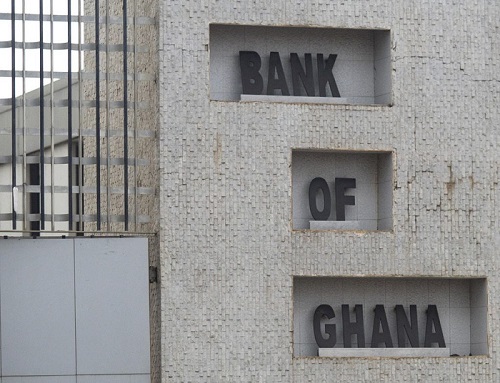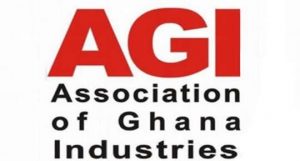The Head of Foreign Banking Operations at the Bank of Ghana (BoG), Eric Kweku Hammond, has reiterated the central bank’s commitment to monitoring all exports to ensure repatriation of all proceeds back to the country.
Speaking during a sensitization workshop organized by the Ghana Shippers’ Authority (GSA) for exporters in the Northern Region capital, Tamale, Mr. Hamond said the repatriation of export proceeds builds reserves, strengthens the local currency and accelerates economic growth and development.
“In Ghana, our legal tender is the cedi and we need more foreign exchange to be able to pay for our huge import bills, to accumulate our gross international reserve to support our local currency, and then also to help Ghana embark on the development of social infrastructure,” he remarked, adding that the BoG will apply the existing legal framework to ensure this is achieved.
Per the Foreign Exchange Act, 2006, Act 723, and the accompanying Letter of Commitment (LOC) stipulation, exporters are required to repatriate proceeds from the export of goods and services.
Despite the stipulation, many exporters continue to flout the law, with some citing a lack of information. This, Mr. Hammond said, necessitated the sensitization campaign.
The BoG’s representative added that the bank has set up an inter-sectorial committee to look into operations of the LOC, identify challenges confronting exporters and proffer lasting solutions.
He added that the BoG will deploy technology to achieve its goals, especially as the LOC has become mandatory for exporters to access the international market.
The Branch Manager of GSA, Isaac Tersiah Ackwerh, said the forum afforded stakeholders an opportunity to interact and stress the need for compliance.
He said engagement with exporters on various platforms brought to the fore concerns such as inadequate time allocated for the repatriation of export proceeds, and blocking of subsequent export transactions for non-repatriation of proceeds beyond 60 days.
“They have raised concerns over delays in accessing repatriated proceeds from commercial banks; low exchange rates offered by the banks compared with rates applied by shipping service providers; high commissions charged by commercial banks; and the unsuitability of the LOC’s current form for small-scale cross-border trade,” he said.
He added that exporters of perishable commodities have also complained about the quality of their consignments being compromised due to delays associated with addressing LOC issues prior to shipment.
“It is in this light that the GSA is collaborating with the BoG to facilitate the educational programme to boost awareness of the LOC requirement for exporters, educate exporters on the procedures involved, and promote compliance as well as identify and collate challenges associated with its implementation to help improve the process,” he explained.






